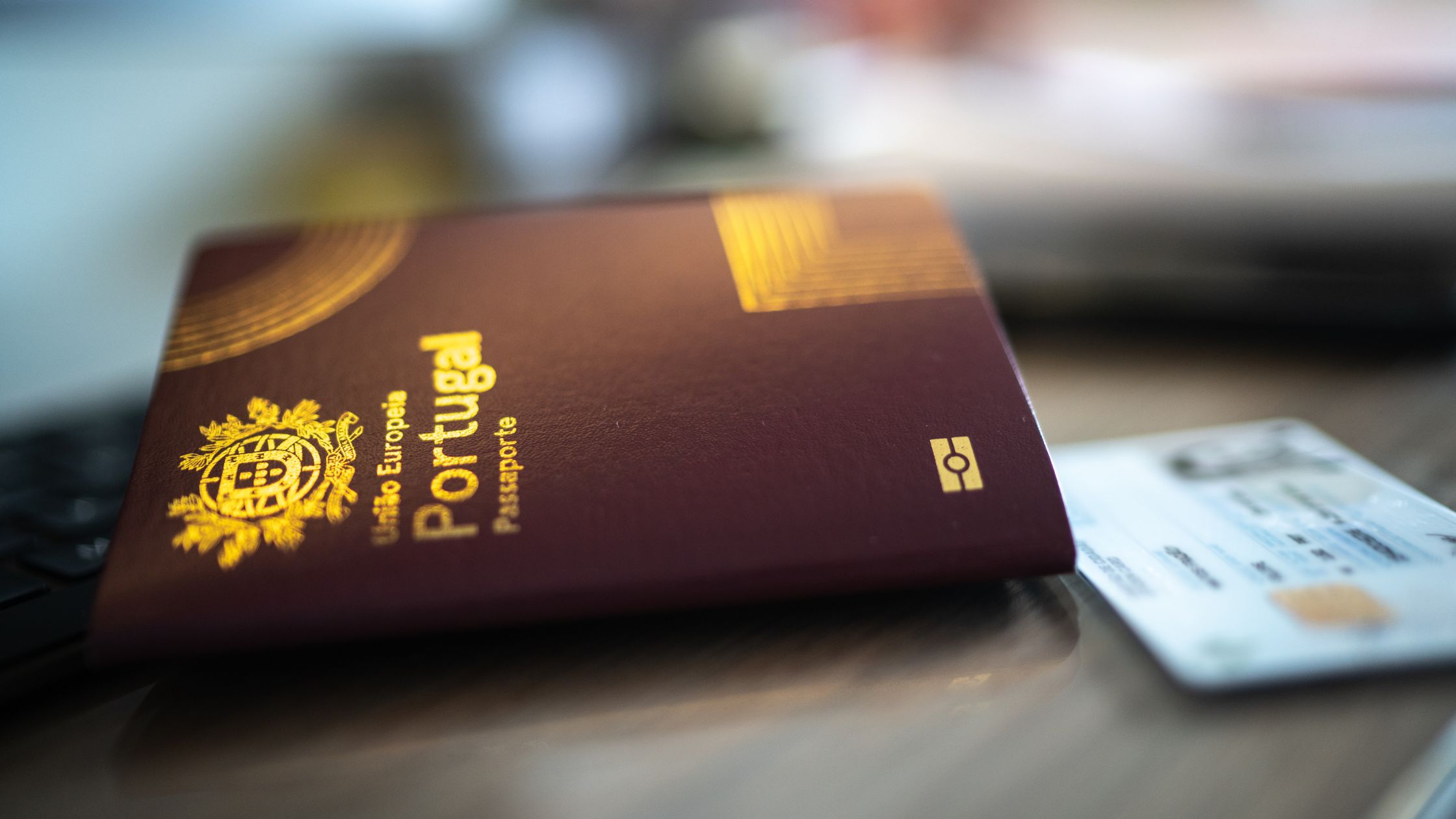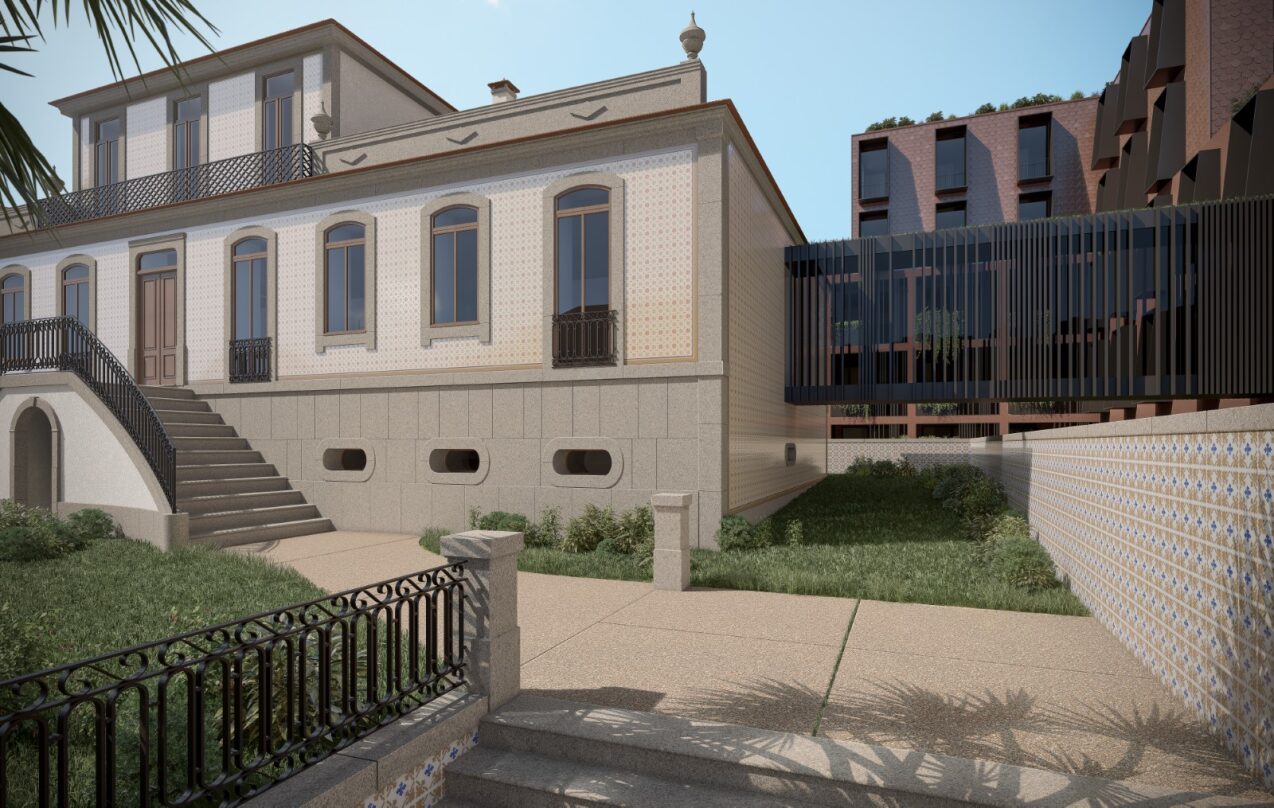
New Portuguese Nationality Law: What may change
July 24, 2025
New Portuguese Nationality Law: What may change
At the end of June 2025, the Portuguese Government presented a new proposal to revise the Nationality Law, introducing significant changes that will have a direct impact on the lives of thousands of immigrants and on integration policies in Portugal.
This proposal, approved by the Council of Ministers on June 23, is part of a broader legislative package that also includes amendments to the Foreigners Law and the creation of a new national border force.
Although the new law still needs to go through parliamentary debate, the government has already announced that the new rules will have retroactive effect from June 19, 2025, meaning that nationality applications submitted after that date will have to comply with the new legal framework.
Key Changes to the Nationality Law
1. Longer Residency Requirements
The proposal increases the minimum legal residency period required in Portuguese territory:
- For non-EU citizens: from 5 to 10 years;
- For citizens of CPLP countries (Community of Portuguese Language Countries): from 5 to 7 years.
Additionally, this period will now be counted from the date the first residence permit is issued, instead of the date of application 1.
2. Stricter Integration Requirements
Applicants will now be required to demonstrate a stronger connection to the Portuguese community, with three mandatory criteria:
- Certification of Portuguese language proficiency (A2 level);
- Test on Portuguese culture, history, and political system;
- Solemn declaration of adherence to the Constitution and democratic values 2.
3. Stricter Rules for Children Born in Portugal
Automatic nationality for children born in Portugal will be restricted. Now, it will be required that:
- At least one parent has had legal residency in Portugal for at least 3 years;
- An explicit request for nationality is made, instead of automatic attribution.
4. End of Special Regimes
The proposal also revokes two special nationality regimes, which until now allowed many foreign citizens to acquire Portuguese citizenship without residing in the country:
- Descendants of Sephardic Jews expelled from Portugal in the 15th century, who since 2015 could acquire citizenship by naturalization by proving historical and cultural ties to the Portuguese Jewish community;
- Great-grandchildren and further descendants of Portuguese citizens, who will now lose the simplified access to citizenship based on ancestry.
The government argues that these measures aim to ensure that Portuguese nationality represents a concrete connection to the country and not merely a legal benefit.
5. Loss of Nationality for Serious Crimes
Another introduced measure allows for the revocation of Portuguese nationality for naturalized citizens who have held it for less than 10 years and are convicted of serious crimes, carrying sentences of over 5 years in prison.
This measure will be subject to judicial decision and aims to protect the integrity of the legal system, and the values associated with nationality.
Additional Changes to the Foreigners Law
The new Nationality Law is accompanied by significant amendments to the Foreigners Law, which regulates the entry, stay, and rights of foreign citizens in national territory. Key points include:
- The job-seeker visa will now be reserved only for qualified professionals, limiting the broad access previously available;
- Family reunification now requires the sponsor to have at least two years of prior legal residency, and adult relatives will only be able to apply from their country of origin;
- CPLP citizens will no longer be allowed to enter as tourists and later apply for residency, they will now require a pre-approved visa granted by consulates.
Additionally, the so-called “tacit approval” mechanism will be eliminated. This mechanism previously allowed for automatic approval of applications when AIMA exceeded the legal deadlines for processing 3.
UNEF: A New Border Force
One of the structural points of the proposal is the creation of the National Unit for Foreigners and Borders (UNEF), which will be integrated into the PSP (Public Security Police) and have the following responsibilities:
- Border control;
- Internal inspection of immigrant compliance with residency rules;
- Execution of expulsion or return decisions for foreigners in an irregular situation.
The creation of UNEF is established in Law no. 55-C/2025, of July 22, which has already been published in the Diário da República (Official Gazette).
This law will enter into force on August 22, 2025, that is, 30 days after its publication.
However, the operationalization of UNEF is still dependent on its regulation, which must be approved within 90 days from August 22 4.
What Happens Now?
Although already approved by the Council of Ministers, this proposal is not yet law. It will be debated in the Comissão de Assuntos Constitucionais and submitted to a vote in Parliament in the coming months. With a parliament lacking an absolute majority, the final version may still undergo changes.
What Does This Mean?
These changes represent a paradigm shift in how the Portuguese State views the citizenship process. The government states that the goal is to ensure nationality is granted only to those who demonstrate a stable and genuine connection to Portugal, protecting its symbolic and legal value.
However, the measures have already sparked controversy among experts, associations, and civil society organizations, who warn of the risk of excluding thousands of people who live in and actively contribute to Portuguese society.
At Teppe, we closely monitor all legal and institutional changes that may impact the lives of those who choose to live, work, build, or invest in Portugal.
At Teppe, we closely monitor all legal and institutional changes relevant to those who choose Portugal as a destination to live, invest or develop projects. Despite recent legislative changes, our projects and ongoing processes remain unchanged and continue with complete security and legal stability.
Sources:
1. Global Citizen Solutions – Latest Nationality Law Changes in 2025
2. Get Golden Visa – Portuguese Citizenship Law: Proposed Changes and What They May Mean for Golden Visa Holders
3. Site do Governo – Governo reforça exigência nas leis de nacionalidade e residência
4. Análise jurídica da LVPA Advogados – Major Reform of Portuguese Nationality and Immigration Laws – June 2025

